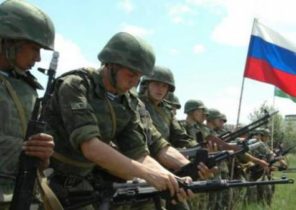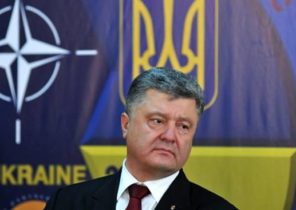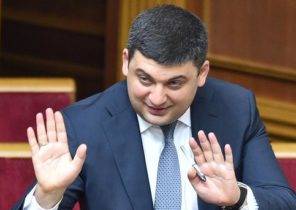One of the largest Russian energy companies “Gazprom” is going through difficult times due to the fall in demand and prices for natural gas in connection with the new type of coronavirus (covid-19), as well as the threat of sanctions from the United States in relation to the project “Northern stream — 2”.
According to the Federal customs service of Russia received by the correspondent of “Anadolu”, the income of “Gazprom” on export of natural gas through pipelines in the first quarter of 2020 decreased by 51.6% compared to the same period last year and amounted to 6.8 billion dollars.
And exports of natural gas through pipelines in January — March this year decreased by 24% compared to the same period last year to 46.6 billion cubic meters. In March, the company’s income from gas export decreased by about 13% compared to the previous month and amounted to 1.7 billion dollars.
Germany, one of the main buyers of Russian gas in March 2020 reduced the import of products of “Gazprom” 45% compared to last year to 2.7 billion cubic meters, while in Turkey, which is considered the second most important market of the company, the share of Russian gas in March compared to the 2019 year fell from 33 to 9%.
With falling demand, the average price of natural gas on the European spot market in may fell to $ 50 per thousand cubic meters, while Gazprom to obtain export earnings needed price not less than $ 100 per thousand cubic meters. This is another factor that will affect the company’s financial position this year.
The sharp drop in natural gas prices
The international rating Agency “Fitch ratings” (Fitch Ratings) downgraded the forecast prices for this year’s biggest gas hubs in Europe with 194 to 123 USD per thousand cubic meters and noted that current prices do not cover the export costs of “Gazprom”.
The recovery of natural gas prices may continue for many years, drew the attention of the representative of the “Fitch ratings” Dmitry marinchenko on held online conference on “Natural gas and oil industry in Russia and the world: the struggle for survival”.
“Gazprom” expects a decline in natural gas prices this year compared to the year 2019 211 USD per thousand cubic meters to 133 dollars.
Although Russia remains the largest supplier of natural gas to Europe, with the opening of new supply routes such suppliers of liquefied natural gas (LNG), as Qatar and the United States and Azerbaijan on the TRANS-Anatolian gas pipeline (TANAP) through Turkey, competition is growing.
Experts note that Russia, due to growing competition, may have more flexibility when negotiating the new terms of supply of natural gas to Europe and Turkey.
Risks new sanctions
Another problem, which Gazprom needs to overcome in the medium term, together with falling demand and prices for natural gas, is accelerated USA the process of imposing sanctions over gas pipeline project “Nord stream — 2”.
On June 5, the U.S. Senate was a bill imposing tough sanctions on the project “Nord stream — 2”, designed to transport Russian natural gas to Europe through Germany.
The bill, supported by Republicans and Democrats, called “the Law on ensuring energy security of Europe”, stresses that the project “Northern stream — 2” will strengthen economic and political influence of Moscow in Germany and other European countries expressed the need for the introduction of sanctions against all companies and banks involved in the works on the submarine pipes and the crediting of the project.
While Western companies are providing services the laying of pipes, out of the project because of the threat of sanctions clear timetable for entry of the pipeline into operation, which is still deposited for the period after 2020, cannot be determined.
In the framework of the project “Northern stream — 2”, whose total cost is expected to be about € 10 billion will be supplied to Germany through the Baltic sea 55 billion cubic meters of Russian gas a year.
Investments of “Gazprom” reduced
Because of the arisen difficulties in “Gazprom” announced the possible reduction of its investment programme this year in the amount of about one trillion rubles, which is about 20% — up to 784 billion rubles.
Sources close to the company and the Russian government, in an interview with the Russian newspaper “Vedomosti” noted that in 2022, these reductions can amount to 450 billion rubles.
However, analysts warn that the company was late with investments in LNG and other commodity products, because of its high dependence on traditional production and export of natural gas, these measures may be insufficient.







